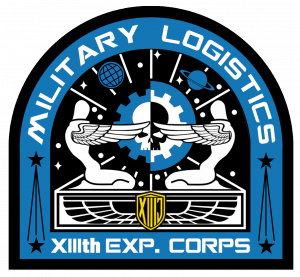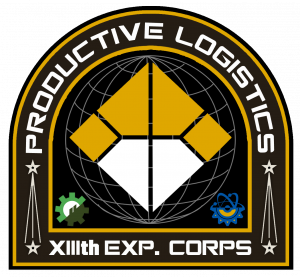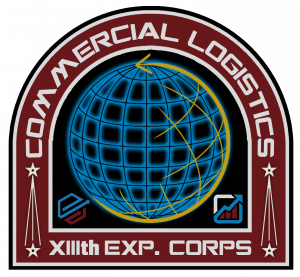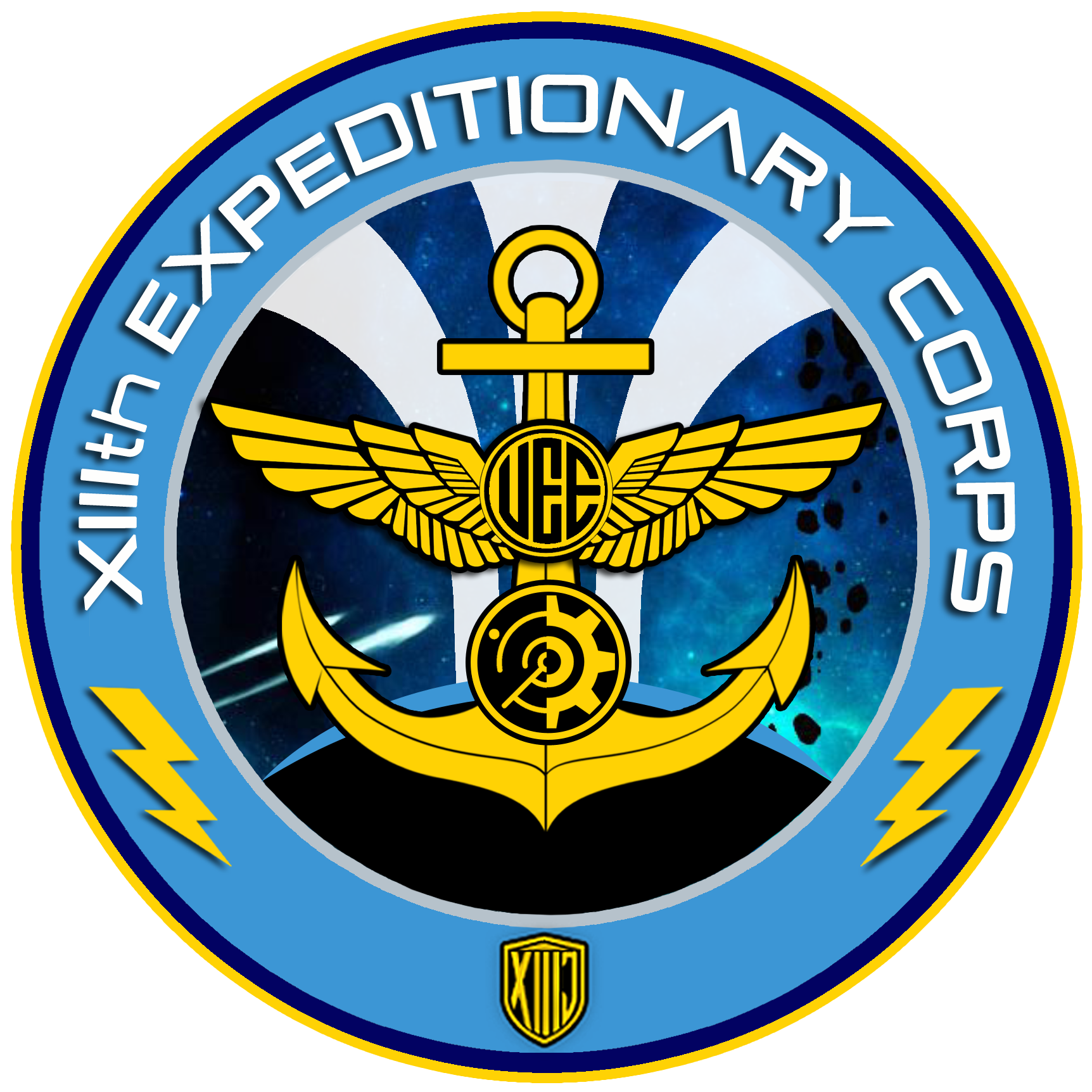-





 LOGISTICS
LOGISTICS
The logistics of the XIIIth Expeditionary Corps aims to fulfill the strategic objectives defined by its High Command. This is the most important branch of the XIIIth Corps.
Purpose of logistics:
| Ensure the deployment capabilities of forces
The logistics of the corps must allow to deploy its forces on their zones of operations in the shortest possible delays. To this end, it works to optimize the availability of these forces, as well as the use of strategic and operational means of transportation.
| Ensure the sustainability of operations
The logistics of the body must support its forces in their areas of operation as long as necessary and as efficiently as possible. To do this, it works to define the appropriate solutions and procedures. It optimizes the availability and use of support means.
| Ensure the compatibility and interoperability of equipment
The logistics of the body must constantly seek to improve the compatibility and interoperability of equipment to optimize their availability, maintenance and use.
To do this, it works to select the latter in accordance with the needs expressed by the forces and strives to create standards.
| Ensure strategic supplies
The logistics of the body must allow it to achieve an acceptable autonomy for its strategic supplies.
To do this, it works to identify and exploit industrial and commercial opportunities that reduce its dependence on external sources of supply.
| Optimize economic profitability
The logistics of the body must guarantee the economic sustainability of the body.
To do this, it works to better manage its financial resources and seeks to exploit potential sources of revenue.


– Military Logistics –
Military logistics is the bridge between the deployed forces and the industrial base (Productive Logistics) that produces the weapons, ammunition, food and consumables that these forces need to accomplish their missions.
Military logistics is defined as the science of planning and conducting movements and maintaining forces.
It therefore initially covers many aspects:
– Design, development, acquisition, storage, routing, distribution, maintenance, evacuation and recycling of equipment
– Transport of personnel
– Acquisition, construction, maintenance, management and disaffection of facilities
– acquisition and provision of services
– medical and health support
Because of the XIIIth EC’s desire to reach a certain level of strategic independence, its logistics integrates, in addition to this « military logistics », a productive logistics and a commercial logistics.


– Productive Logistics –
The productive logistics of the XIIIth aim to constitute all or part of its industrial base. In this context it covers the following complementary activities:
– Prospecting, extraction, transport and processing of raw materials, Research and development, Manufacturing.


– Commercial Logistics –
Commercial logistics manages exchanges with other entities, organizations or states in order to provide the capabilities that its own productive logistics can not satisfy. In particular by supporting
Acquisitions and Sales
